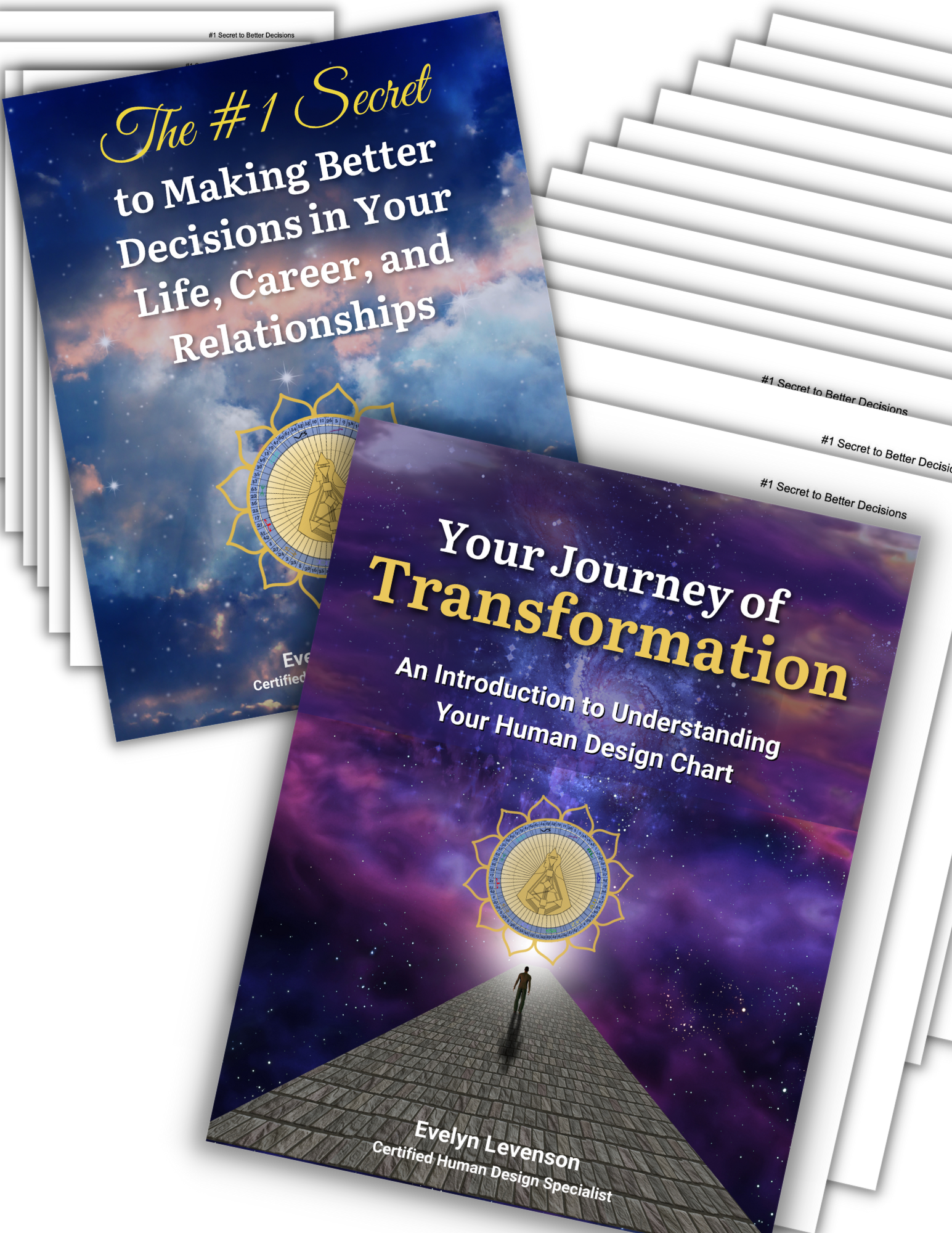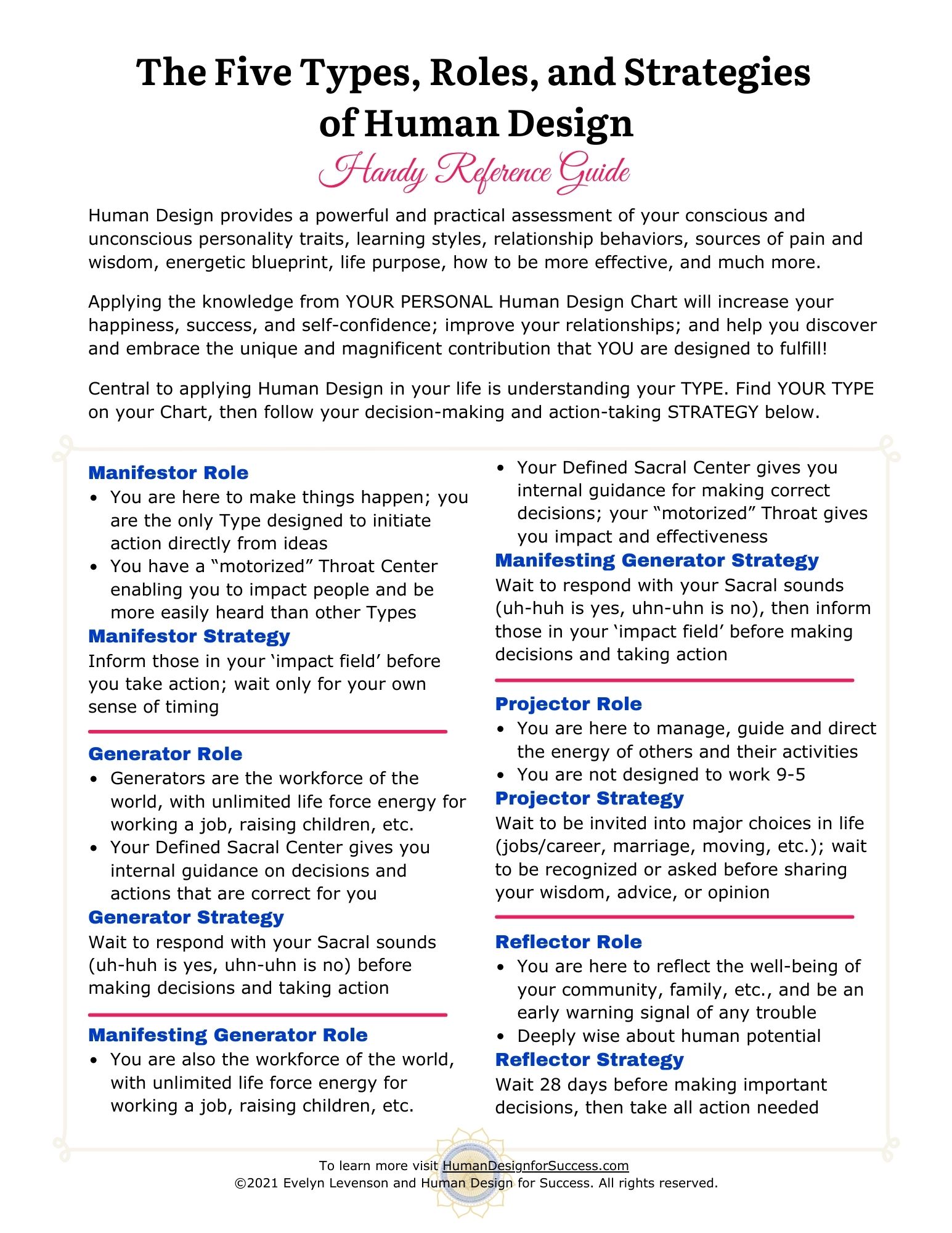The Void* is that space between what was and what will be. That interim time and place where you leave behind what isn’t working, but what’s next has not yet emerged. It’s a time of transition. Re-calibrating. Realigning. Allowing. Surrender.
Not the “giving up” kind of surrender. It’s the “I know I’m not in charge” surrender that gracefully allows the universe to nudge and guide.
I’ve been in the Void for two weeks as of this writing. I must say, I’m quite surprised to find myself here. It’s not the sort of thing you plan. It happens, when the time for it is right.
In reflecting on my circumstances, I see that it came about from the perfect confluence of several powerful components:
- The turmoil in the U.S. from the pandemic, divisive politics, and especially the racial equality activism that actually strengthened in the face of more force and less listening.
- The resultant self-awareness, introspection, and reckoning happening at individual and organizational levels all over the U.S. (and the world).
- My reading of Charles Eisenstein’s book, The More Beautiful World That Our Hearts Know Is Possible. I’m 70% through it as of today and I highly recommend it. It’s transformative as well as uplifting.
- My “mini-sabbatical” month of July 2020 that gave me the vital time and space to BE in this space of transition without the usual pressures of DO-ing.
This Void is a very a different experience than the rebellious feeling I sometimes get when I am pushing myself too hard. This is a feeling of free-floating. Drifting, un-tethered. Not aimless, but not connected either. Not upset. Not angry. Not depressed or despairing. Just gently adrift.
I’m sharing this with you because perhaps you’ve been there, are there now, or will be there in the future… and I want you to know that it’s actually a good place to be.
Personal growth requires leaving something behind and embracing something new. This can sometimes involve pain, resistance, a sense of loss, or a sense of being lost. And those can be scary.
How does one navigate the Void? With patience, and a willingness to be open to whatever reveals itself in the process. This is not something to rush. You need to be okay with not knowing what’s next. That’s harder for some of us than for others. If you have a 1 or a 4 in your Human Design Profile, you’re likely to be uncomfortable with being in limbo. (Those are both foundational profile lines, which like stability.) If your Gate 57 is defined, you might experience the splenic fear called fear of the future, or fear of the unknown.
Especially if you’re in the Void (and even if you’re not), pay attention to how you feel. Notice what is changing for you. Maybe what used to resonate with you no longer feels resonant. Maybe new awareness is emerging.
I recommend that you avoid setting new goals or choosing a “new direction” for your life. Those would probably be coming from your old way of being. Allow what comes next to evolve naturally and organically.
What has helped me enormously during my excursion into the Void is knowing my Human Design. I know who I am. I know why I’m here. I don’t feel lost.
In addition to knowing my Type (Projector) and Profile (1/3), the parts of my chart that give me my deepest sense of self and inner peace are my Incarnation Cross (which I call the Life Path) and my Chiron/Kiron energies (which I call the Soul Mission).
My Life Path is to restore the flow of energy (Cross of Tension). My Soul Mission is to learn to make peace with “what IS” (Gate 60) and stay in a state of wonder and awe (Gate 61). When I stray from these guideposts, I feel out of sorts and misaligned.
I find these guideposts so valuable for myself and for clients that last year I created a unique 30-minute reading called the Life Path and Soul Mission Reading that focuses exclusively on Incarnation Cross and Chiron. If this feels of interest to you, you can learn more about it here.
What I know in my bones is that I need to allow myself to be in the Void for as long as it takes.
*The Void is a term used by my Human Design teacher and mentor, Karen Curry Parker.


